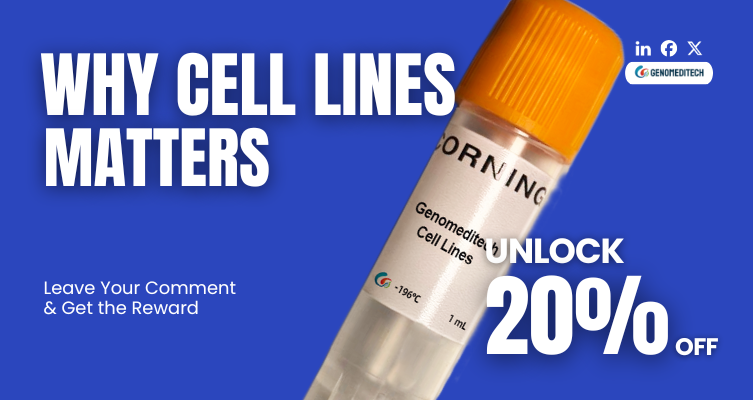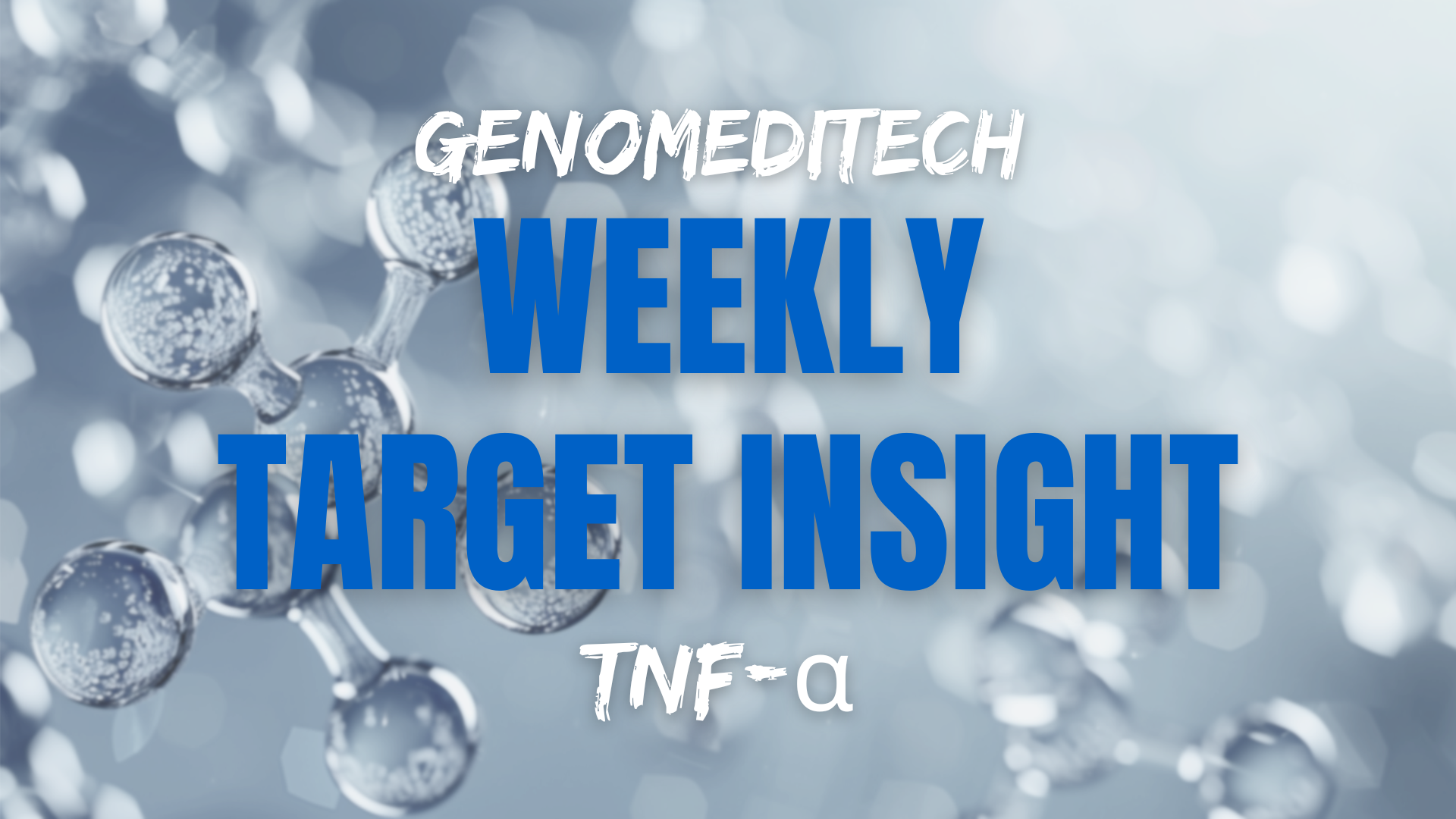Capstan's lead asset, CPTX2309, is a targeted lipid nanoparticle (tLNP) that delivers an mRNA encoding an anti-CD19 chimeric antigen receptor (CAR) to CD8-expressing cytotoxic T cells in vivo, and is a potential first-in-class product for treating B cell-mediated autoimmune diseases
Proposed acquisition strengthens AbbVie's commitment to transforming the future of patient care with Capstan's innovative tLNP platform technology
June 30, 2025. AbbVie (NYSE: ABBV) and Capstan Therapeutics, Inc. ("Capstan"), a clinical-stage biotechnology company dedicated to advancing in vivo engineering of cells through RNA delivery using tLNPs, today announced a definitive agreement under which AbbVie will acquire Capstan, including CPTX2309, a potential first-in-class in vivo tLNP anti-CD19 CAR-T therapy candidate, currently in Phase 1, in development for the treatment of B cell-mediated autoimmune diseases. Additionally, AbbVie will acquire Capstan's proprietary tLNP platform technology designed to deliver RNA payloads, such as mRNA, capable of engineering specific cell types in vivo. Learn more about our CD19 catalog.
"Scientific innovation is required to address not just the symptoms of autoimmune diseases, but also to resolve and potentially cure the underlying disease," said Roopal Thakkar, M.D., executive vice president, research and development and chief scientific officer, AbbVie. "By advancing CPTX2309 and utilizing Capstan's novel platform technology, AbbVie and Capstan aim to transform the care of those living with autoimmune diseases by developing treatments that have the potential to reset the immune system."
"In vivo CAR-T represents a potential new treatment modality in medicine – embodying the transformative power of cell therapy with the accessibility and scalability of an off-the-shelf biologic. This technology has the potential to become a first-in-class platform to treat a wide range of autoimmune diseases," said Laura Shawver, Ph.D., president and chief executive officer, Capstan. "Through AbbVie's world-leading expertise in immunology research, clinical development, and its commercialization capabilities, we believe that this transaction moves us closer to delivering on our shared mission to bring these innovative therapies to patients in need."
B cells contribute to the pathogenesis of autoimmune diseases. CD19 is a cell surface receptor expressed on B cells and is a clinically validated target for B cell depletion using ex vivo CAR-T cell therapy in autoimmune diseases. CPTX2309, a product of Capstan's proprietary technology platform that includes hepatic de-targeting, delivers an mRNA payload encoding an anti-CD19 CAR preferentially to reprogram CD8-expressing cytotoxic T cells. This process is achieved in vivo, without the need for lymphodepletion preconditioning and complex ex vivo manufacturing. The in vivo-modified CD8-expressing T cells will transiently express the CD19 CAR and deplete B cells in the periphery and tissues. Depletion of autoreactive antibody-producing pathogenic memory B cells and repopulation with naïve B cells, resulting in immune reset, has the potential to prevent disease progression and induce clinical remission.














